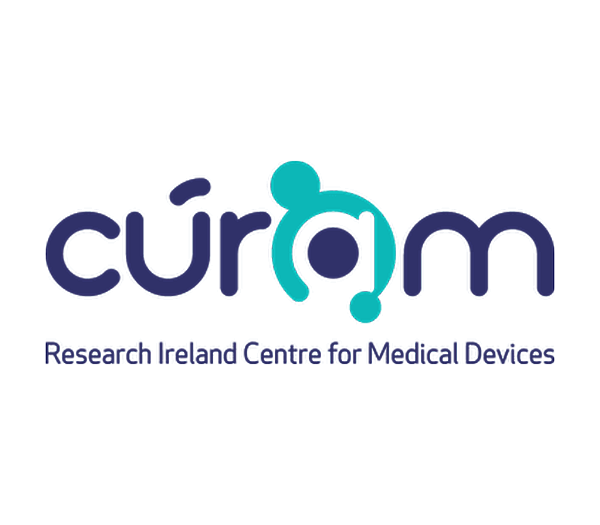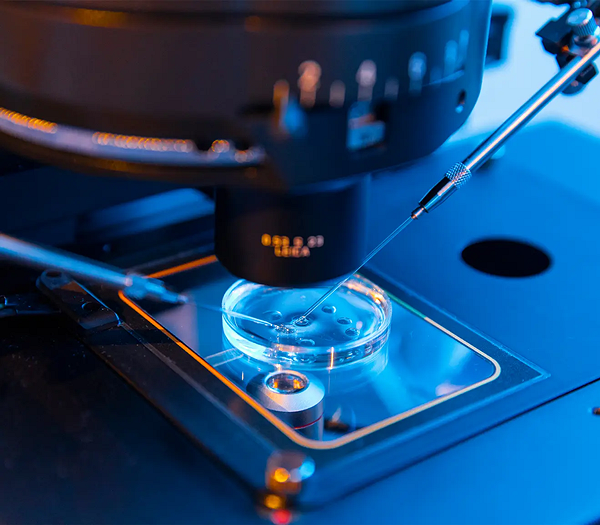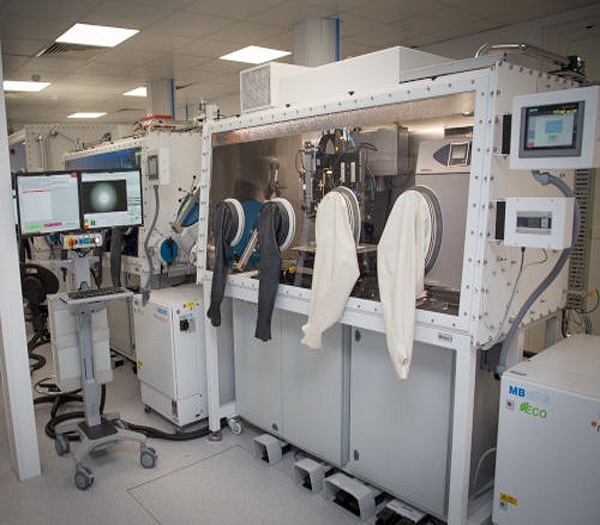SFI Research Centre for Medical Devices (CÚRAM)

Based at the National University of Ireland Galway (NUIG), CÚRAM is a Science Foundation Ireland Research Centre for Medical Devices focused on developing treatments for cardiovascular diseases, nervous system conditions, and soft tissue disorders, with a strong emphasis on translating research from the laboratory to the patient. Over its first six years, CÚRAM has attracted €46 million in EU funding, establishing itself as a leader in medical device innovation.
Fleming Medical has partnered with CÚRAM researchers to explore how advanced material printing techniques can be used to create thin, flexible sensors that integrate directly into wound dressings. These sensors will monitor key characteristics in the wound bed environment, such as temperature, moisture levels, and pH, and wirelessly feed information into connected healthcare systems. This data will support clinical decision-making, improve patient outcomes, and reduce healthcare costs, particularly in chronic wound care where unnecessary dressing changes can be avoided.


The project leverages CÚRAM's pilot line for bio-microsystems development, using advanced printing tools to precisely deposit functional materials in a scalable, cost-effective way. Implementation is led by Dr. Adam Collins, with clinical and manufacturing expertise provided by Prof. Georgina Gethin and Prof. Gerard O'Connor.

